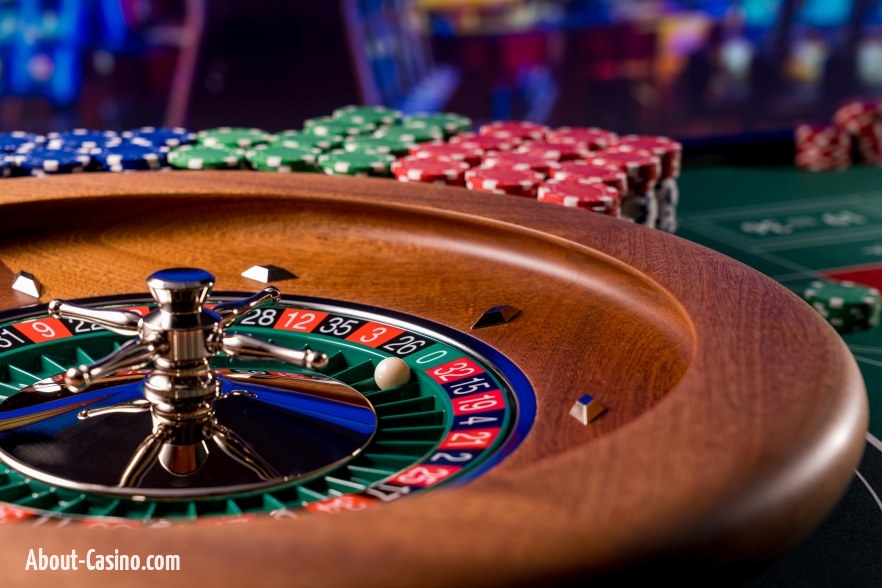The modern casino as we know it today has a long and storied history, with various forms of gambling and gaming dating back thousands of years. However, the concept of a casino as a dedicated establishment for gambling and gaming is a more recent development, with the origins of the modern casino traced back to 17th century Europe.
One of the earliest examples of a modern casino was the Ridotto, which opened in Venice, Italy in 1638. The Ridotto was a government-run establishment that featured a variety of games of chance, including biribi (a precursor to roulette), basset, and faro. The Ridotto was initially open only during the carnival season, but it proved so popular that it was opened year-round. However, in 1774 the Venetian government closed the Ridotto, as part of a crackdown on gambling.
Another early example of a modern casino was the Casino de Monte-Carlo, which opened in Monaco in 1863. The casino was the brainchild of Princess Caroline of Monaco, who was looking for a way to generate revenue for the tiny principality. The casino featured a variety of games of chance, including roulette, baccarat, and craps, and quickly became a popular destination for wealthy Europeans.
The Casino de Monte-Carlo was notable for its luxurious surroundings, including ornate decorations and furnishings, as well as its strict dress code, which required patrons to wear formal attire. The casino also played a role in popular culture, featuring prominently in Ian Fleming’s James Bond novel Casino Royale.
In the United States, the first modern casino was the Golden Gate Casino, which opened in Las Vegas in 1906. The Golden Gate was initially a saloon, but it later added a casino with games such as blackjack and poker. However, it wasn’t until the 1930s and 1940s that Las Vegas truly became a hub of casino gambling, with the opening of iconic establishments such as the Flamingo, the Sands, and the Desert Inn.
These early casinos were run by organized crime syndicates, and were often associated with illegal activities such as prostitution and bootlegging. However, in the 1950s and 1960s, Las Vegas began to clean up its act, with the state of Nevada legalizing gambling and cracking down on organized crime.
Today, casinos can be found in countries around the world, and they continue to be popular destinations for gamblers and tourists alike. While the origins of the modern casino can be traced back to Europe in the 17th century, the concept has evolved and expanded over the centuries, with new games and technologies constantly being introduced to keep up with changing trends and tastes.
